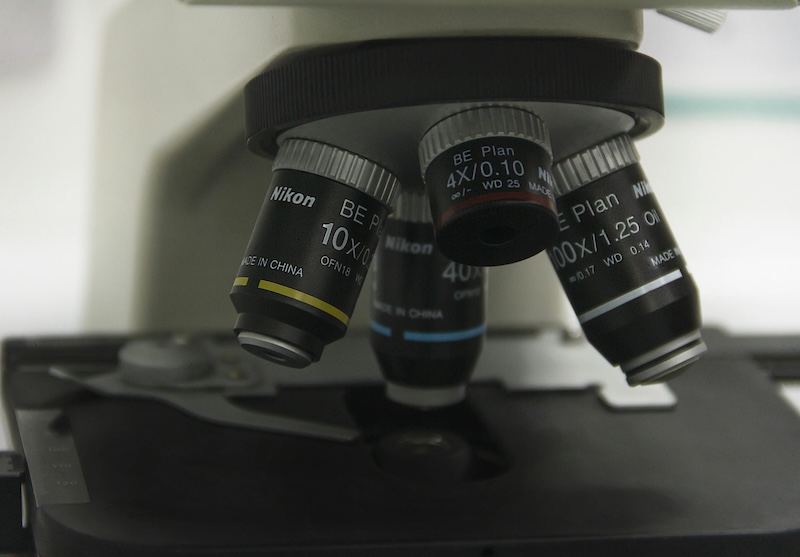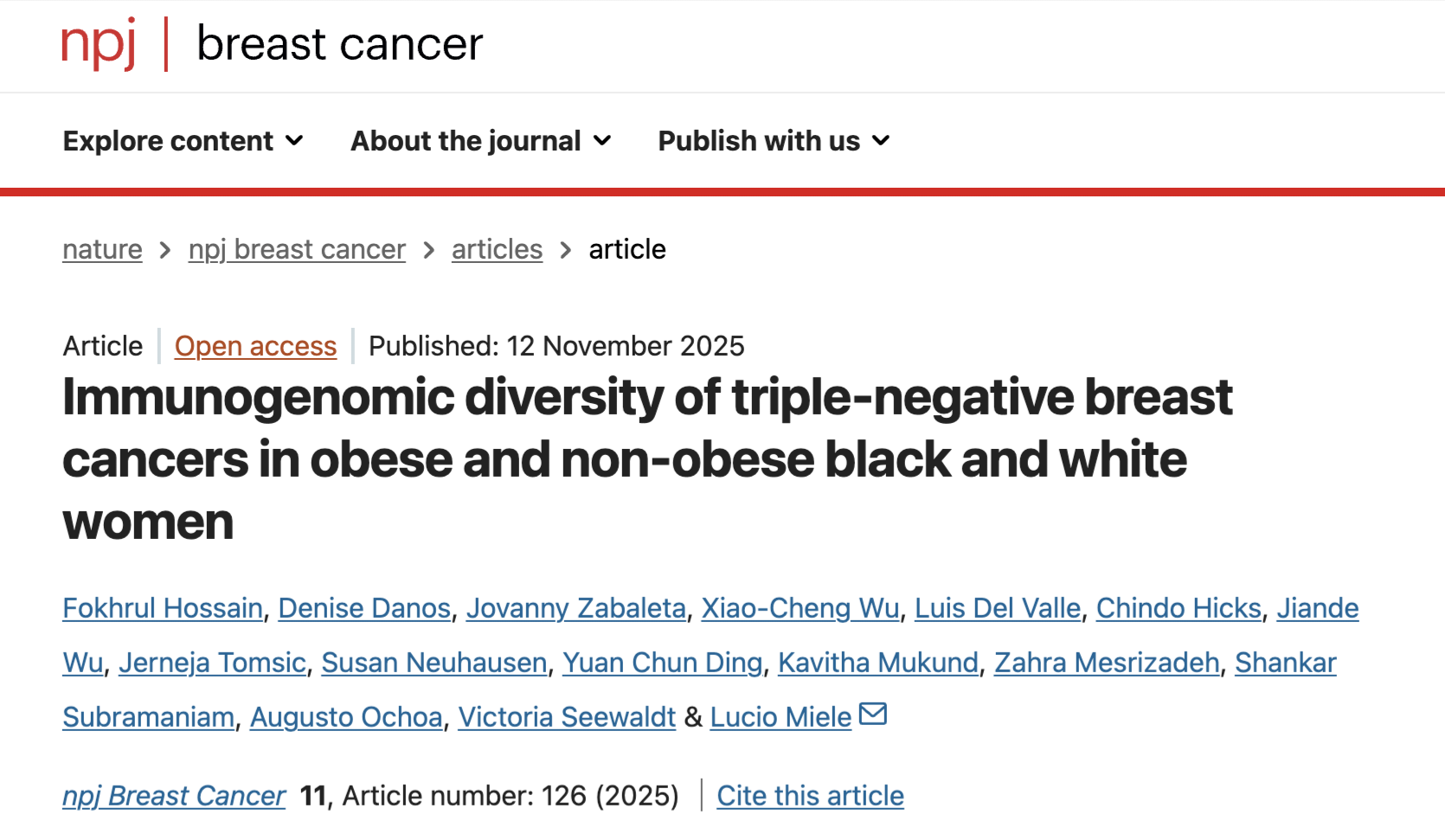
2024 LCRC Director's Update

Director Joe W. Ramos, PhD, addressed Louisiana Cancer Research Center scientists and staff about the state of the consortium and highlights of 2024.
Dr. Ramos, who is also director of LSU LCMC Health Cancer Center, explained how the LCRC FY2025 budget would be used to develop programs that attack cancer's many problems using a multi-pronged approach that includes interdisciplinary research, community engagement, excellence in clinical care, and education of the next generation.
“It’s so important to share these details with our LCRC faculty, members and staff to keep them informed of the amazing work that is going on due to the LCRC,” Dr. Ramos said afterward. “Communication spurs collaborations. This is happening in our LCRC programs - very often, a researcher will find new collaborators through the various program seminars, meetings, and retreats.”
For example, LCRC funded pilot research in 2024 to expand cancer research throughout the state. That investment will continue in 2025, with 58 percent of FY2025’s budget allocated to cancer research. A significant amount is devoted to shared resources, equipment, personnel, and programming. Close to 20 percent is committed to community-based programs. Funds are also allocated for recruitment, awards for development, and trainee travel.
Recognizing the need to attract additional high-quality researchers, in 2023, the state of Louisiana made a $15 million investment that has paved the way for growth in cancer research and programs, including community outreach and recruitment.
It’s working. Highlights include:
Four new scientists, working in cancer biology, population sciences, and translational oncology, have joined the LCRC faculty and their respective institutions.
Tulane and LSU researchers were awarded five new R01 equivalent grants in 2024. The R01 is NIH's most commonly used grant program for independent research projects and is highly competitive, with only around 10% of applications being funded. “Another way to think of this is that our funded investigators in the LCRC are among the top 10-15% in the country,” Ramos said.
The LCRC ‘s Summer Undergraduate Cancer Research Program (SUCRE), will enroll its third cohort this summer. SUCRE is designed to attract the next generation of cancer researchers.
What’s ahead?
“It really starts with a leadership team, building strong programs supported by shared resources, getting our research out into the community, educating the next generation of cancer researchers and continuing the education of everyone in this room,” Ramos told the LCRC audience.
Recruiting top talent remains a priority for the LCRC and its partners. They are particularly focused on attracting funded researchers, physician-scientists, clinical investigators, and translational researchers to the state. Efforts to secure more grant awards are ongoing, as is the advancement of the next phases of clinical trials across Louisiana.




